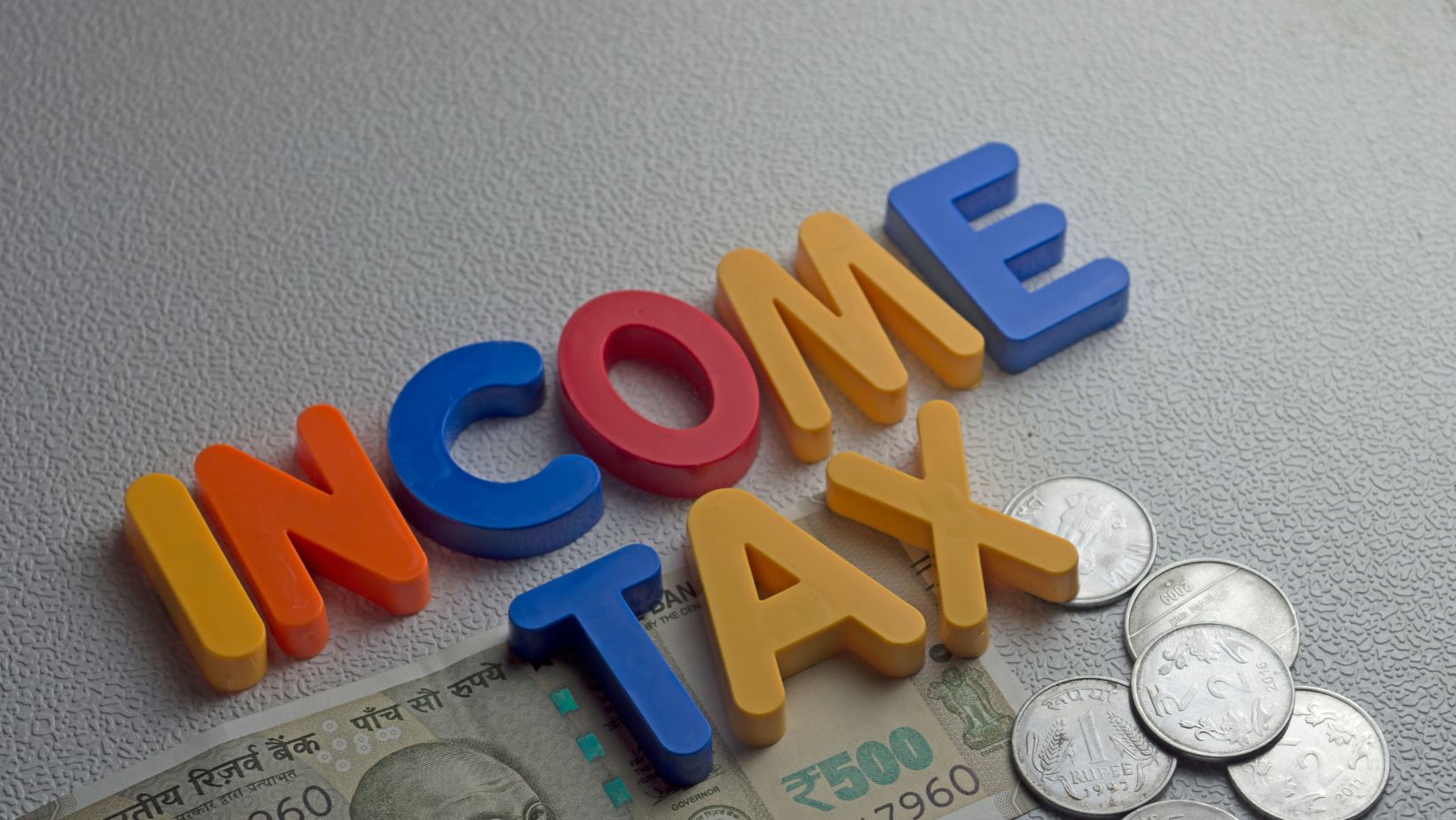
In Addition to Federal Income Tax, Many People Also Pay
When it comes to taxes, federal income tax often takes center stage. However, for many of us, our tax obligations don’t stop there. In addition to federal income tax, a significant number of people also shell out money for other types of taxes throughout the year.
These additional taxes may come from multiple sources and can vary greatly depending on where you live and your specific situation. From state income tax to property tax, sales tax and more – our financial landscape is indeed peppered with various forms of taxation.
It’s important to understand these various types of taxes as they can significantly impact your overall financial health. The more informed you are about your total tax burden, the better equipped you’ll be when planning for future expenses or making key financial decisions.
For more content like this check out our next article!
Understanding State Income Tax
When it comes to taxes, most of us are familiar with federal income tax. But let’s not forget that in addition to federal income tax, many people also pay state income tax.
State income tax is a direct tax levied by a state on your income. It’s the cash you’ve earned throughout the year from wages, self-employment, dividends, or even certain investments. Just like the federal government, states use these collected funds to finance public services such as education, healthcare and infrastructure.
While all Americans are subject to federal income tax (unless exempt), state income taxes vary depending on where you live. In fact:
- Seven states currently have no state income tax: Alaska, Florida, Nevada, South Dakota, Texas, Washington and Wyoming.
- Two states solely tax dividend and interest income: Tennessee and New Hampshire.
For those living in states without an imposed state-level income tax might think they’re off the hook – however it’s important to note that these states may make up for revenue in other ways such as higher property or sales taxes.
Balancing Federal and Other Taxes
Let’s face it, taxes are a complex matter. It’s not just about the federal income tax that we’re all familiar with. There’s more to it than that. Many US residents also shoulder state and local taxes in addition to their federal obligations.
It’s crucial to understand these additional levies because they can significantly impact your overall tax burden. While my focus is often on federal income tax, I’ve learned that ignoring other types of taxes can lead to an imbalance in financial planning.
Now, let me break down some of the common taxes people pay besides federal income tax:
- State Income Tax: Most states have their own income taxation system separate from the federal one.
- Sales Tax: This is imposed by both state and local governments for goods and services purchases.
- Property Tax: If you own property, expect to pay this kind of tax at a local level.
- Excise Tax: Specialized goods like gasoline, alcohol or cigarettes often come with this type of levy.
The key takeaway here? It’s essential to balance your fiscal responsibilities across all these areas rather than focusing solely on federal income tax.
And while I’m no fan of paperwork, good record-keeping really helps when it comes time to file your returns. By keeping track of what you’ve paid throughout the year – whether it’s sales tax on daily purchases or property tax for real estate holdings – you’ll be better prepared when April 15 rolls around.
So yes, in addition to federal income tax many people also pay a host of other taxes too. But remember: understanding each component goes a long way in achieving financial stability. After all, being able to manage your total taxation helps avoid an

